The Social Health Authority (SHA), which replaced Kenya’s National Health Insurance Fund (NHIF) last year, is facing a serious credibility test. Revelations that non-existent “ghost hospitals” may have received billions in payments have intensified public scrutiny and exposed deep flaws in the health financing system.
When Fraud Overtook Care
In early 2025, SHA disclosed that it had made Sh11.4 billion in payments to contracted hospitals. However, concerns immediately surfaced about suspicious payments to relatively unknown private facilities. Dr Dennis Miskellah, Deputy Secretary-General of KMPDU, said the public needs to know exactly which hospitals received funds.
“We want to know where these hospitals are located because we have information that people registered imaginary hospitals, and they are being paid by SHA. We want an audit of that hospital list,” he said.
The Human Cost of Delay
Even before fraud allegations, Kenya’s healthcare network was struggling. A survey by RUPHA (Rural & Urban Private Hospitals Association of Kenya) between December 24–31, 2024, revealed that just 42% of facilities received any reimbursements during that period. Only 6% were paid more than 80% of their submitted claims. Meanwhile, 30% received less than 10%, and 22% received only 10–20%.
Dr. Brian Lishenga of RUPHA warned: “These delays are crippling healthcare facilities across the country. Hospitals are struggling to keep their doors open.”
A Broken System
By mid-2025, hospitals had submitted claims totalling Sh93 billion, of which Sh90 billion were verified—but only Sh50 billion has been paid. That leaves a huge Sh43 billion in arrears, surpassing what the defunct NHIF owed (Sh33 billion).
The backlog has pushed 91% of SHA-contracted facilities into financial distress. Seventy-seven percent of them cannot cover daily operations, 76% cannot pay staff, 69% cannot pay suppliers, and 63% lack essential drugs and equipment.
Faith-based hospitals face the worst squeeze, with some having taken loans or defaulted on bills.
Hospitals Push Back
On February 24, 2025, RUPHA majorly suspended SHA services, demanding patients pay cash due to Sh30 billion in unpaid NHIF arrears stretching back to 2017.
RUPHA criticized the SHA’s outpatient reimbursement at less than Sh75 per patient per month. Dr Lishenga called the model unsustainable, saying “no hospital can pay doctors and nurses, procure life-saving drugs, or maintain medical equipment under such a model.”
Real Voices, Real Frustrations
On Reddit, a Kenyan shared a painful personal experience:
“We confirmed our SHA accounts were updated and the hospital said SHA would pay KSh 30,000 for a Cesarean delivery. But at the hospital, they said the system was down and we ended up paying the full amount in cash.” (Reddit)
https://www.reddit.com/r/Kenya/comments/1jil01a?utm_source=chatgpt.com
Another commenter, working in public healthcare, revealed:
“SHA only pays a capped amount per patient per day—regardless of actual costs. Hospitals know they will barely be compensated, so they often refuse to admit SHA-labelled patients.” (Reddit)
What This Means for Kenyans
Kenyans pay deductions into SHA expecting access to care. Instead, hospitals, especially in rural areas, may refuse to serve them, fearing they will never be reimbursed. Public trust in universal health coverage is evaporating fast.
As Dr Lishenga put it:
“We will not remain silent while hospitals collapse under debt, patients are denied care, and universal health coverage is reduced to a political slogan.”
What’s Needed Now
- An independent audit of all SHA payouts, especially to small private hospitals.
- A transparent breakdown of fund flows, detailing outpatient vs inpatient allocations and eligibility testing.
- Prompt and fair reimbursements, including clearing past NHIF arrears.
Until these steps are taken, SHA will risk repeating the failures of its predecessor—no matter how much “reform” it promises.
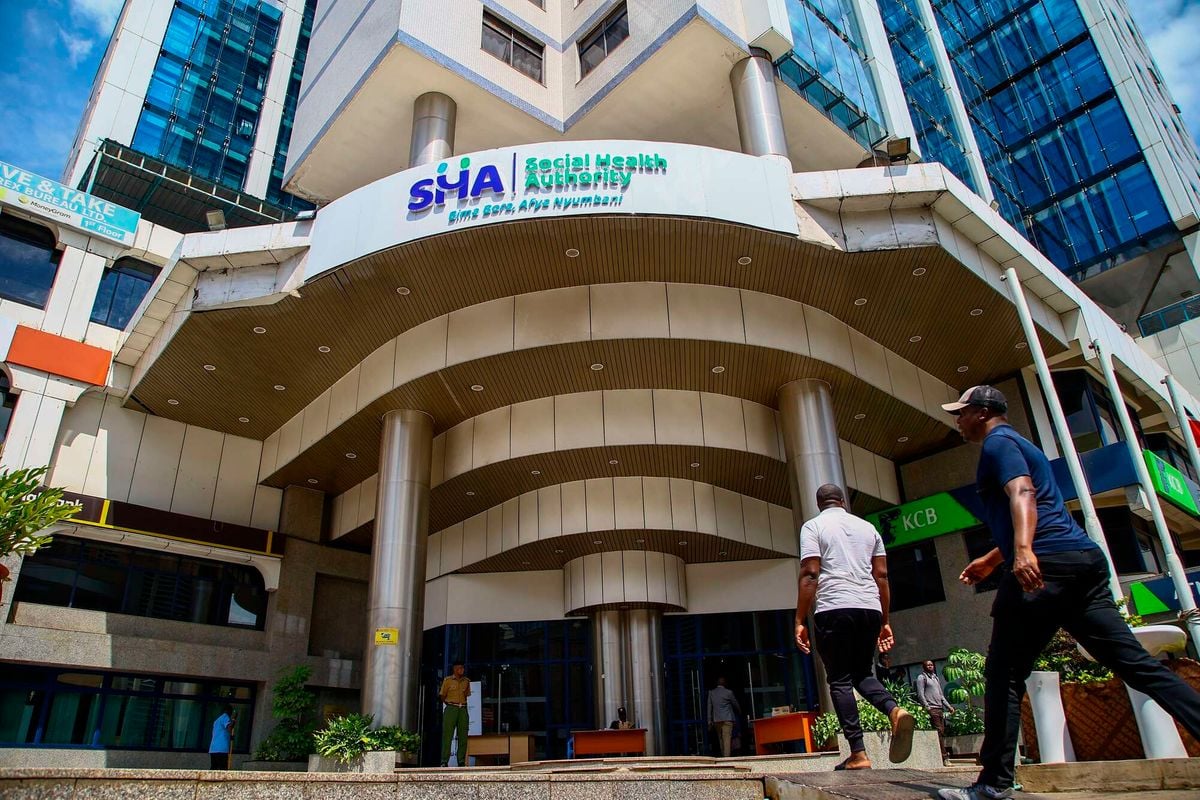
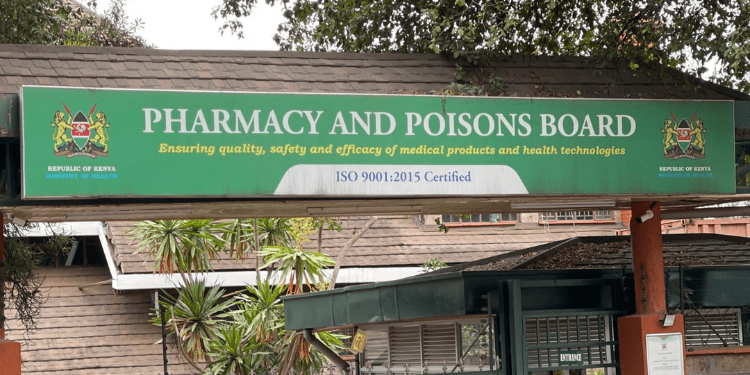
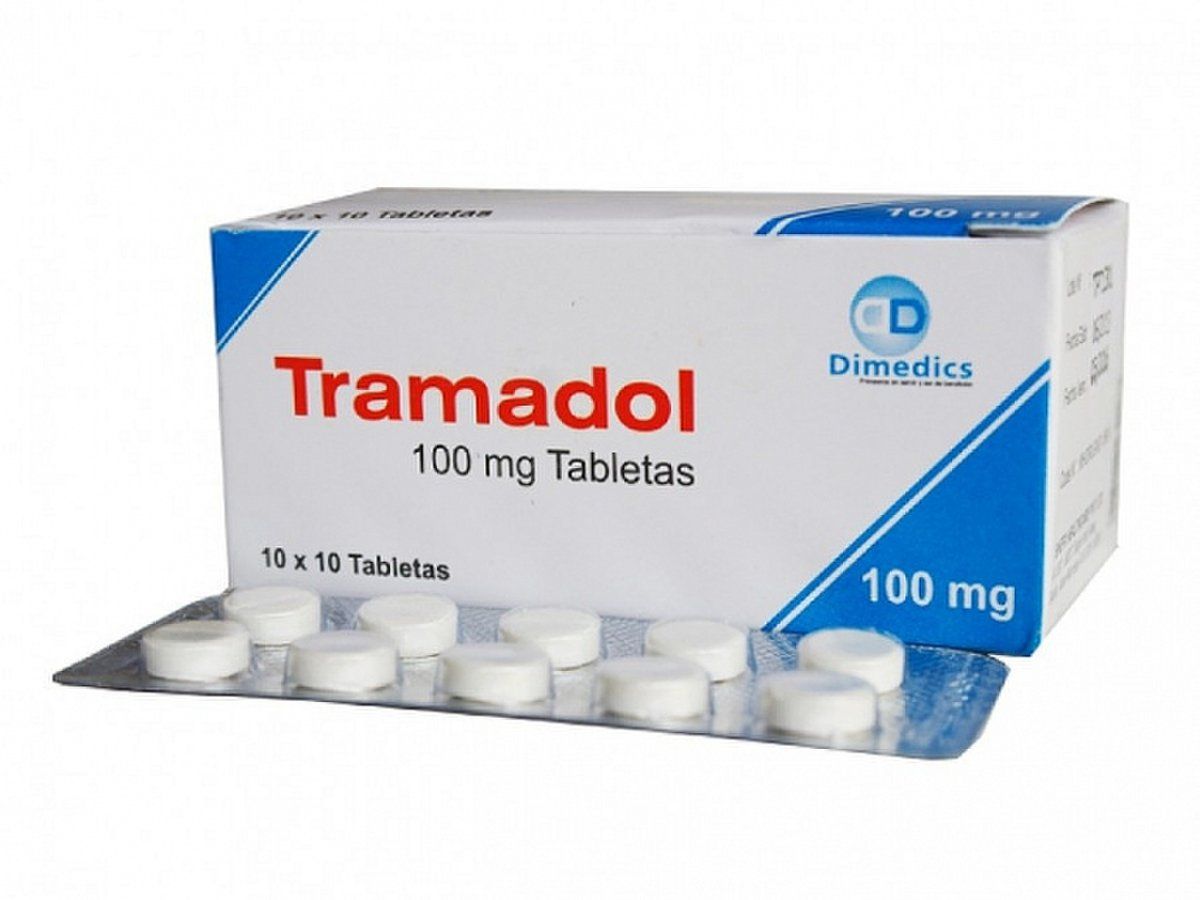
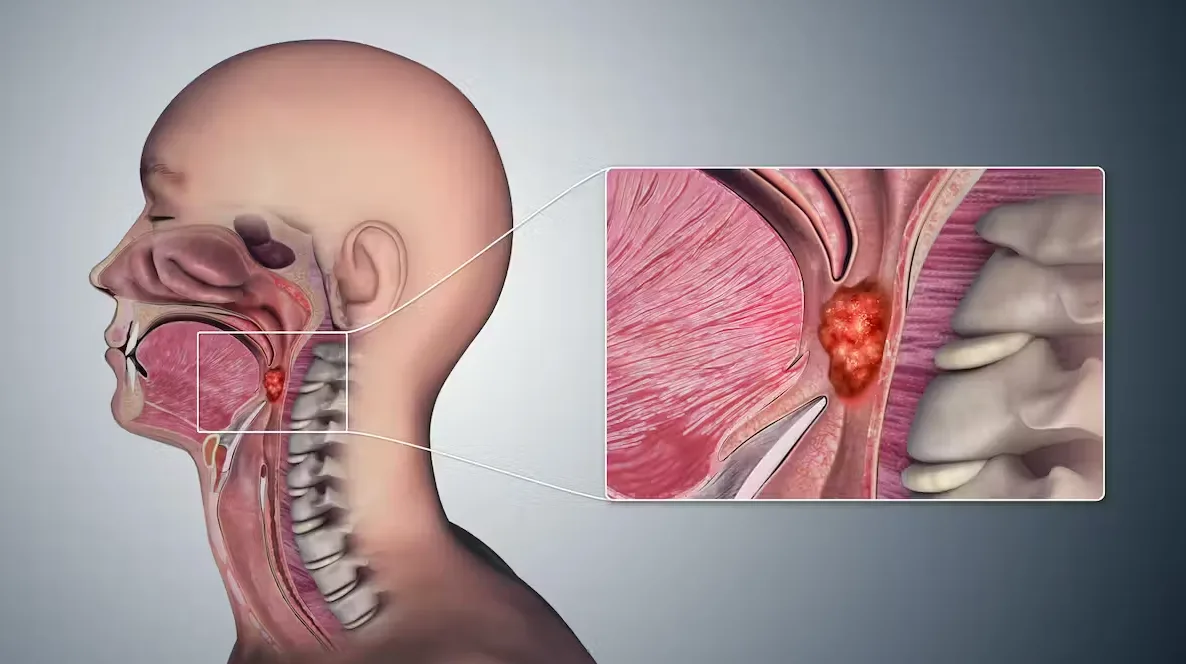

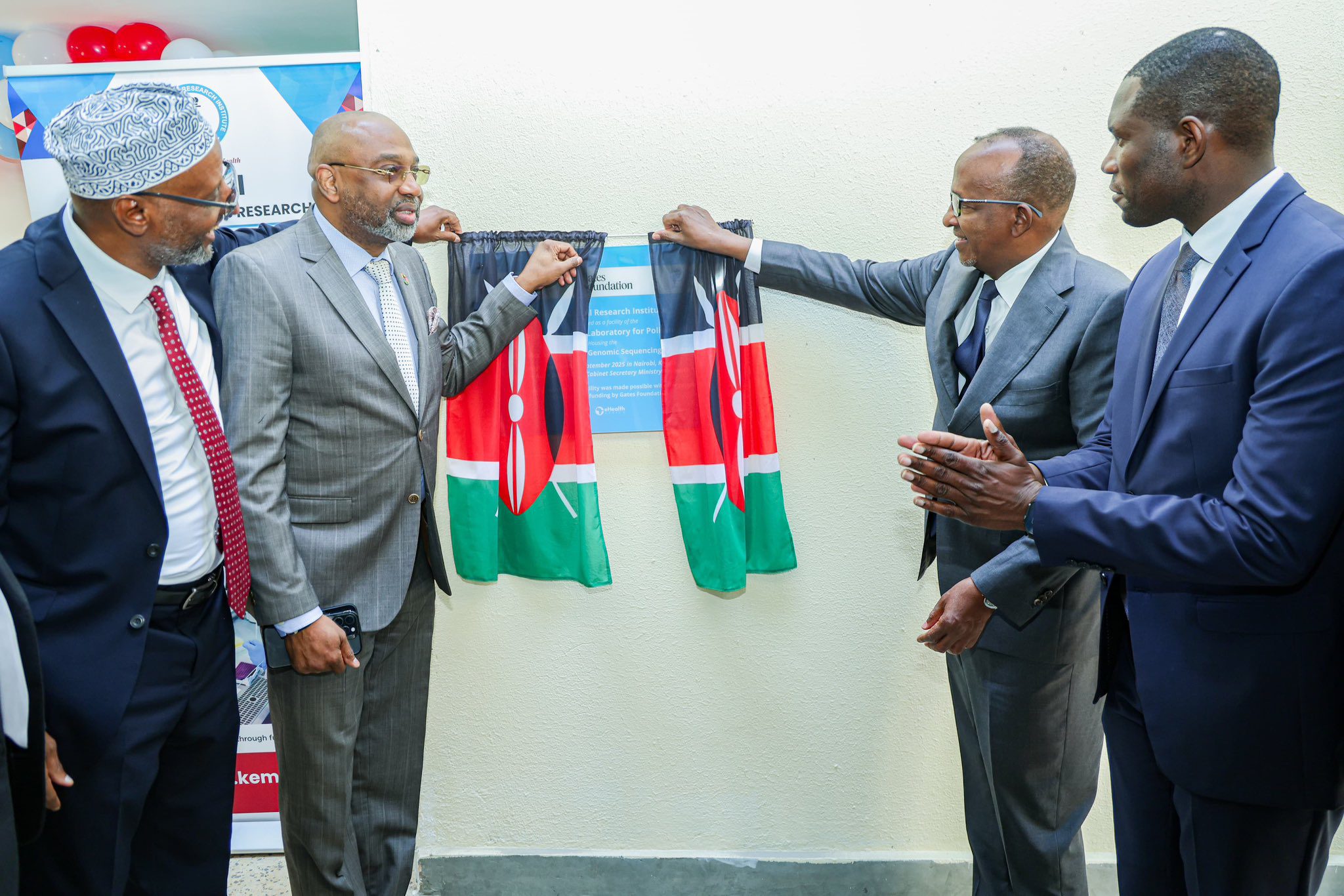

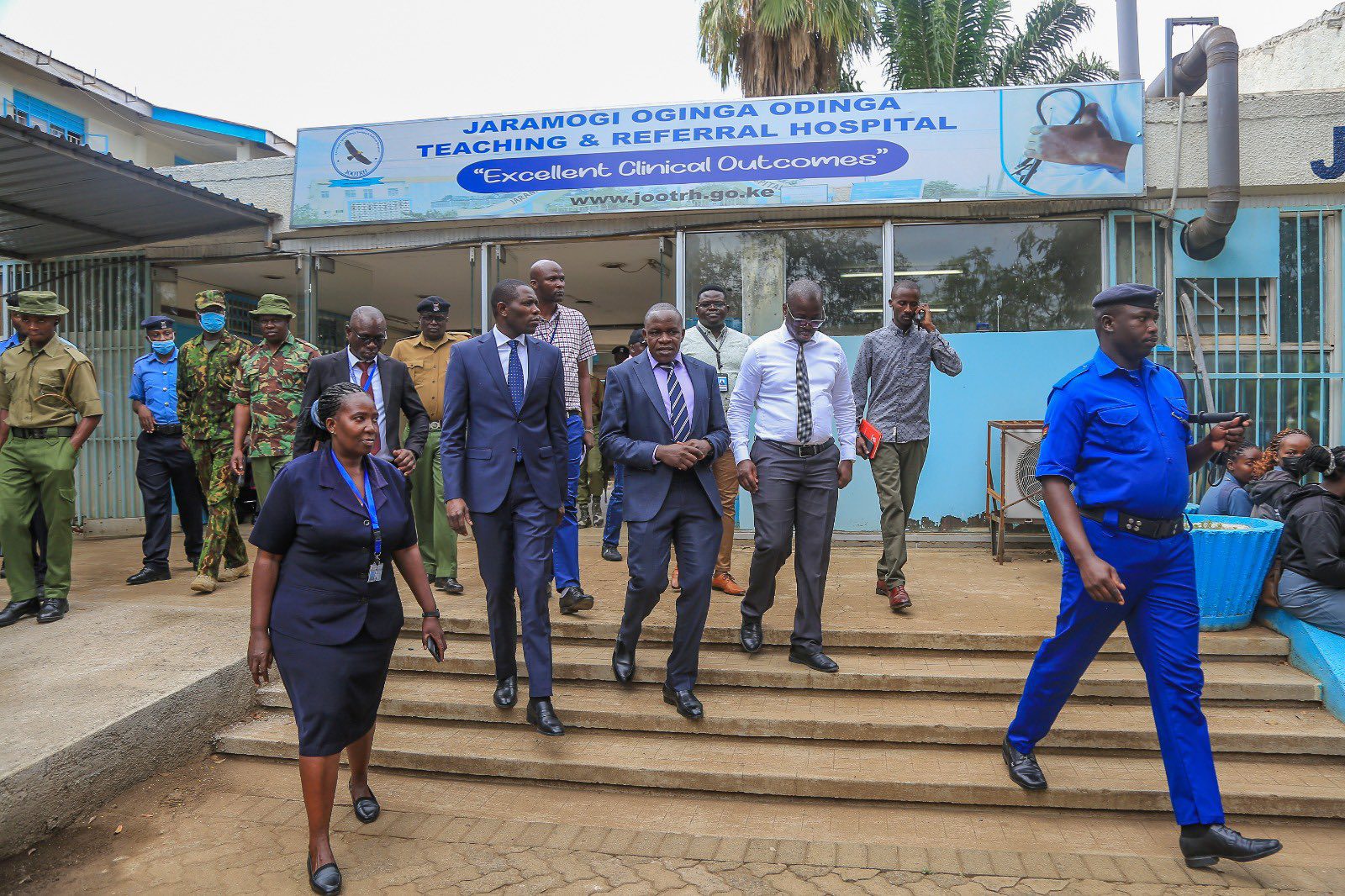
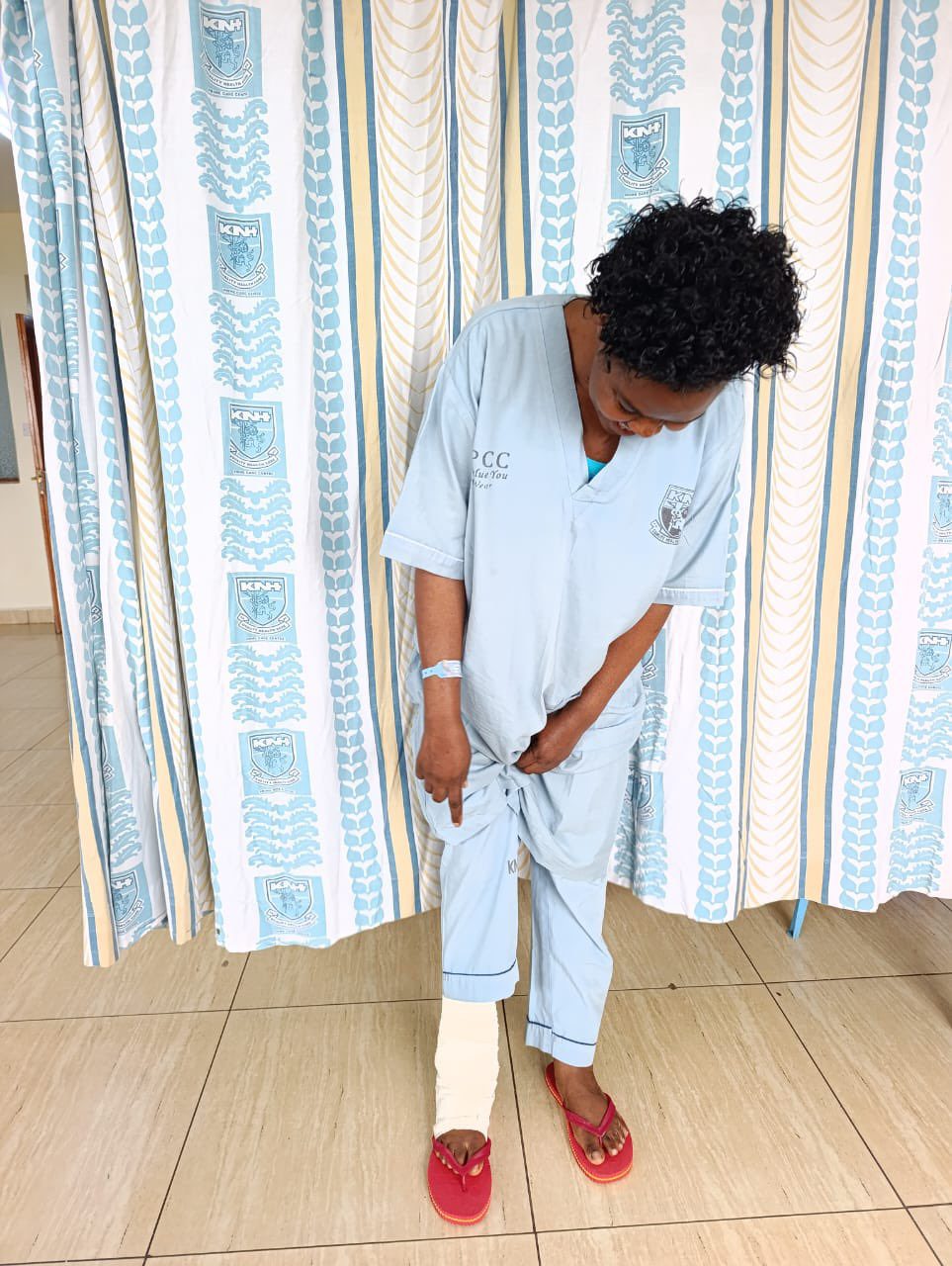
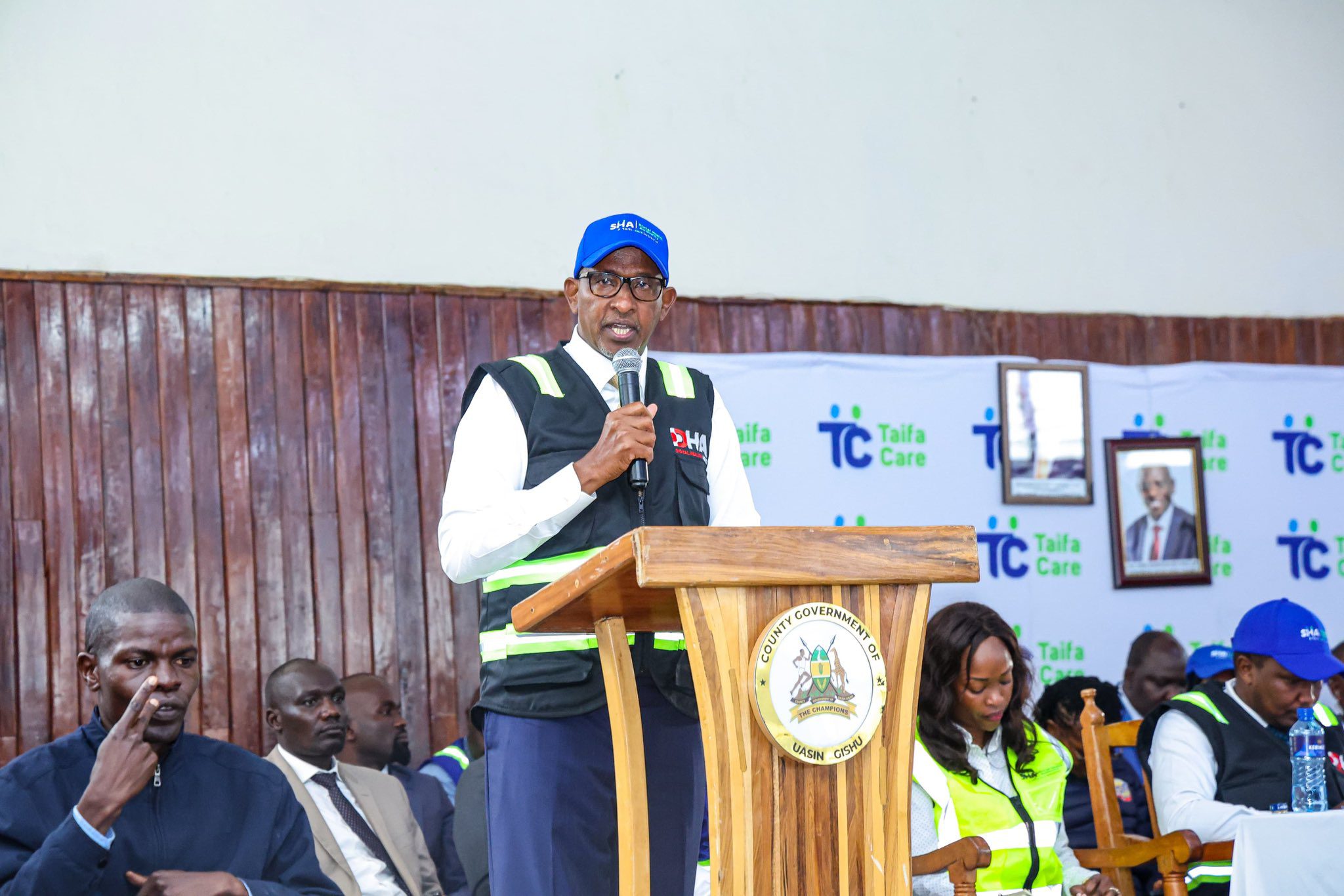



Leave a Reply